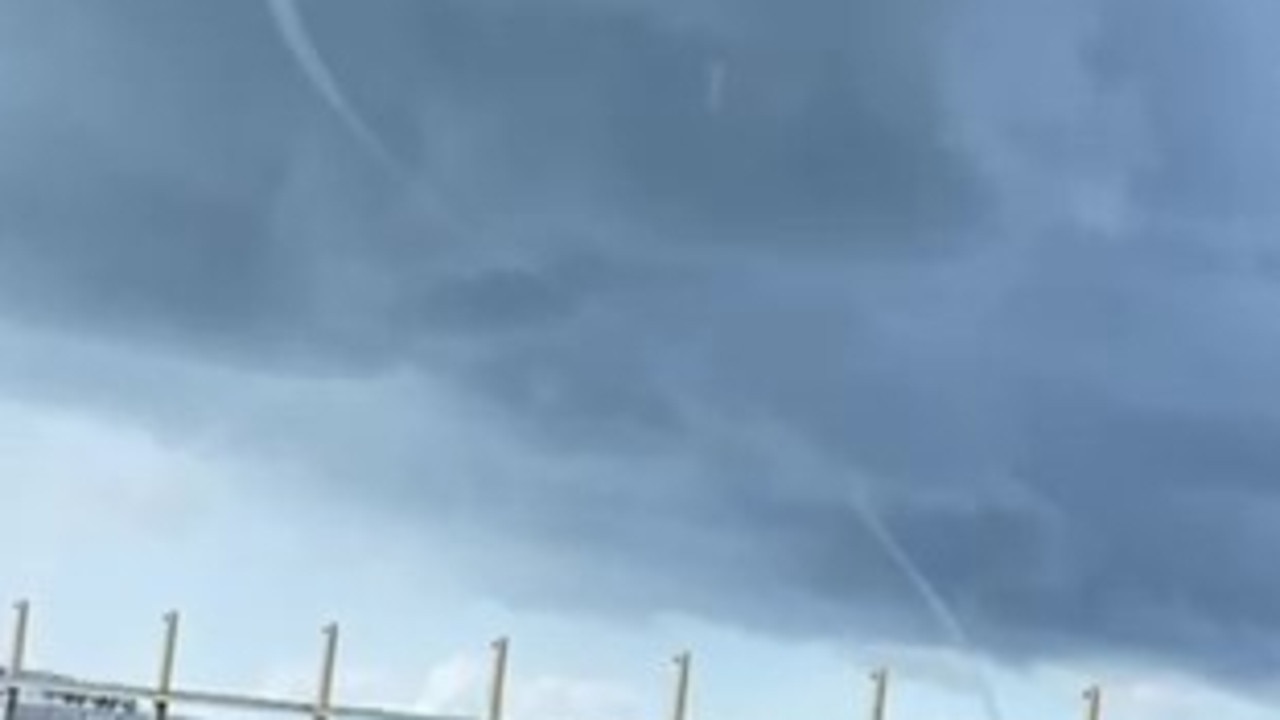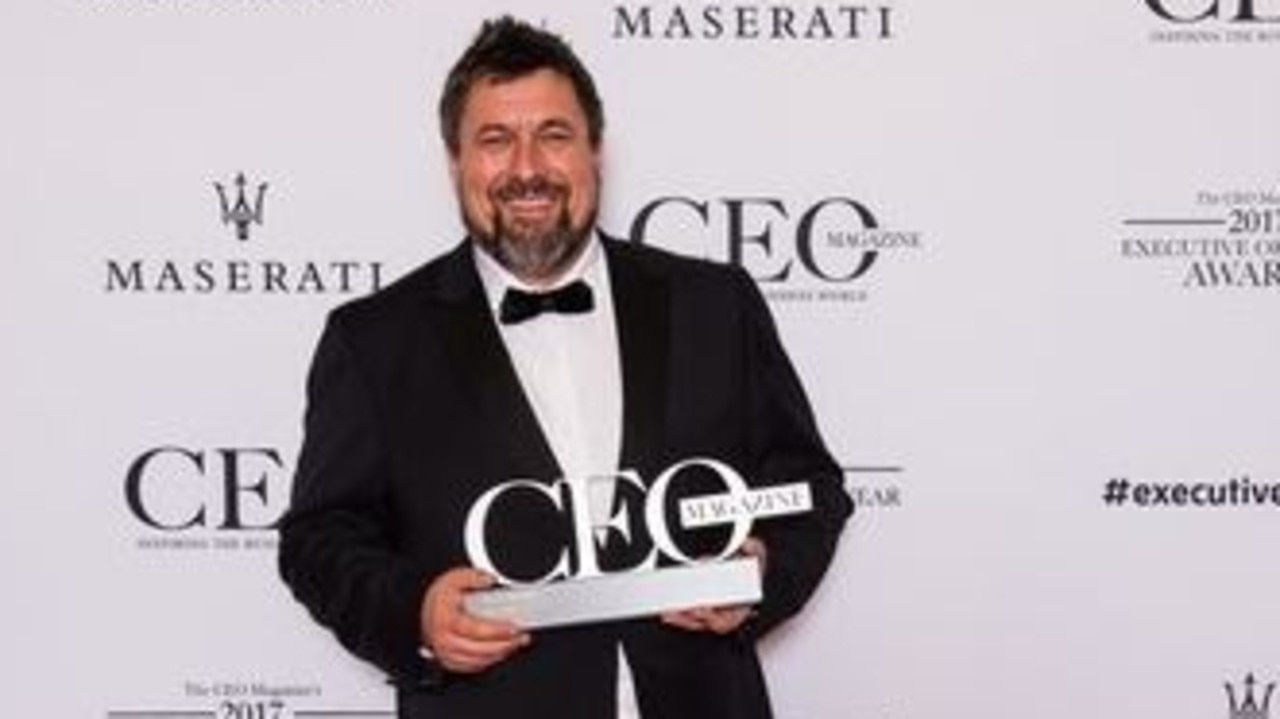Future Geelong 2025: NBL owner Larry Kestelman calls for elite-level basketball stadium
Geelong United is being seriously considered for a licence, but the league is “landlocked” with no appropriate stadium.
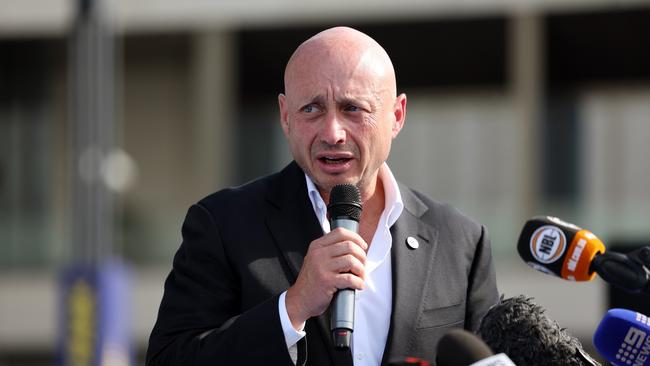
Geelong
Don't miss out on the headlines from Geelong. Followed categories will be added to My News.
The owner of Australia’s premier basketball competition says the league would “seriously consider” granting a licence for Geelong United, but the city first needed an elite-level venue.
Larry Kestelman floated the idea of Geelong being one of the National Basketball League’s expansion teams, but said the league was “landlocked” because there wasn’t a stadium capable of hosting elite level games.
“I think Geelong as a city deserves to have a venue,” he said.
“What they have today is pretty average.”
Mr Kestelman said the facility must be able to accommodate 7000 spectators at a minimum.
“I think that would be the right size venue for Geelong … I feel that would be of a good standard,” he said.
“If it’s co-designed with us, I think it would be something very special.”
In 2023, NBL delegates met with the City of Greater Geelong to float a plan to transform the run-down Geelong Arena into an elite facility, with the potential addition of a housing component on the site.
Mr Kestelman said the Arena, which was described as being in a “poor” condition by the council in a recent report, remained a possible site, but he remains open to other locations.
“I don’t necessarily think that the venue needs to be in central Geelong, it can be a little bit outside of Geelong and capture a lot of that corridor through the west,“ he said.
City Hall supports the proposal, with Mayor Stretch Kontelj highlighting Geelong’s fast-growing reputation for hosting major events, which in turn provide “a significant economic boost”.
He said council was advocating for an indoor stadium as one of its priority projects.
“The project is a critical ingredient to raising Greater Geelong’s profile as a major events city,” he said.
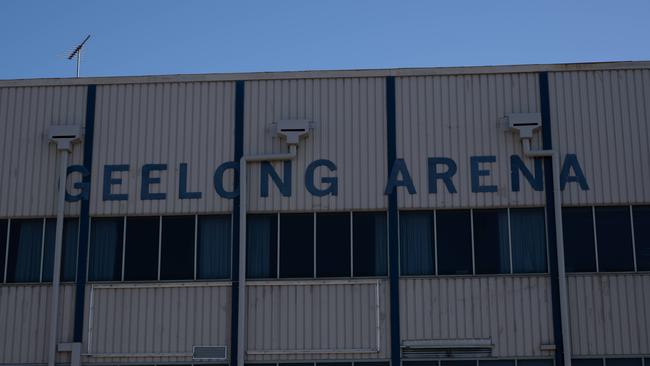
It was revealed last year that Geelong Arena’s roof space was riddled with asbestos, forcing council to regularly test the site to ensure contaminated dust was not entering the building.
Meanwhile, the council is considering bids for future management of the facility, including a joint application from Geelong United and the Belgravia Group.
Additionally, it has committed to seeking alternative uses of the Arena from the private sector.
There was huge demand for basketball throughout Australia, Mr Kestelman said, but Geelong in particular had experienced enormous growth.
Geelong United hit record levels of participation last year with close to 12,000 players.
With the popularity of the Cats throughout the winter season, he viewed basketball as a great summer sport for the community to follow.
“What (the Geelong Cats) does in the winter I think we can do in the summer,” Mr Kestelman said.
The Geelong Supercats exited the NBL in 1996, but growth in the rebranded Geelong United Basketball has seen it become one of the country’s largest basketball associations.
It also entered the WNBL for the 2024-25 season, playing home games at the Arena, where the crowd capacity was capped at approximately 2000 people.
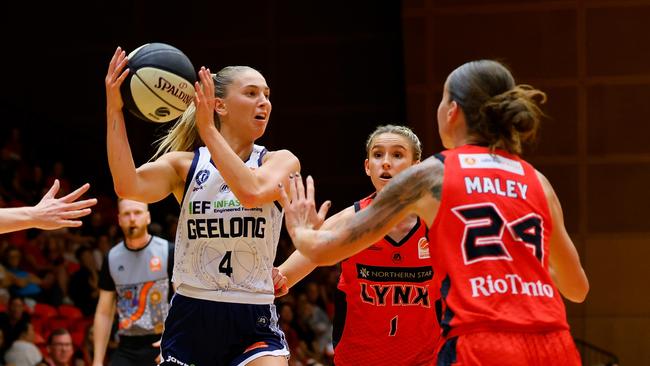
Mr Kestelman said the city deserved an NBL team “at some stage”, but this could not come without appropriate venue.
“I do believe if the right venue was there we would seriously consider a licence,” he said.
“We want to have a discussion with all the authorities as to how we can help contribute … and start a project of seriously assessing how that can happen.
“We’d like to work together with government, council, potentially even the Geelong footy club and find the right solution for where it should be.”
He said that the stadium could be used beyond basketball, being a potential venue for concerts and events as well.
“Sometimes these things have been done as a bit of a partnership with the government, sometimes there’s land allocated around that you build a precinct and some development can be done around it to compensate if needed for some of the costs involved,“ he said.
Mr Kestelman pointed to the benefits of a potential stadium to give fans wellbeing, inspiration and something to do as a family.
“If you have a look at what it’s done in Tasmania (with the JackJumpers) it’s tripled participation,“ he said.
“It has got kids out playing in the summer, it’s got them exercising.”
Federal Labor MPs Libby Coker and Richard Marles, said that the Labor government had made “significant investment” in community sporting infrastructure to encourage people to lead healthy and active lives, but stopped short of committing to push for investment in the project.
“I note that this $200 million project is one of a number of priority projects for the City of Greater Geelong. Councils play an important role in advocating for projects that they feel would be of benefit for their community,” Ms Coker said.
“Both the Albanese Government and the Allan Victorian Government are working with the City of Greater Geelong to support community basketball with local projects such the Waurn Ponds Sporting Complex and the Armstrong Creek Sports Centre.”
The a spokesperson for the Victorian government also highlighted the importance of the sport to people across the state.
“Victorians love basketball and we’ve been strong supporters of the sport across the state, highlighted by our $105 million investment to expand the State Basketball Centre, Australia’s premier basketball venue,” the spokesperson said.
More Coverage
Originally published as Future Geelong 2025: NBL owner Larry Kestelman calls for elite-level basketball stadium



